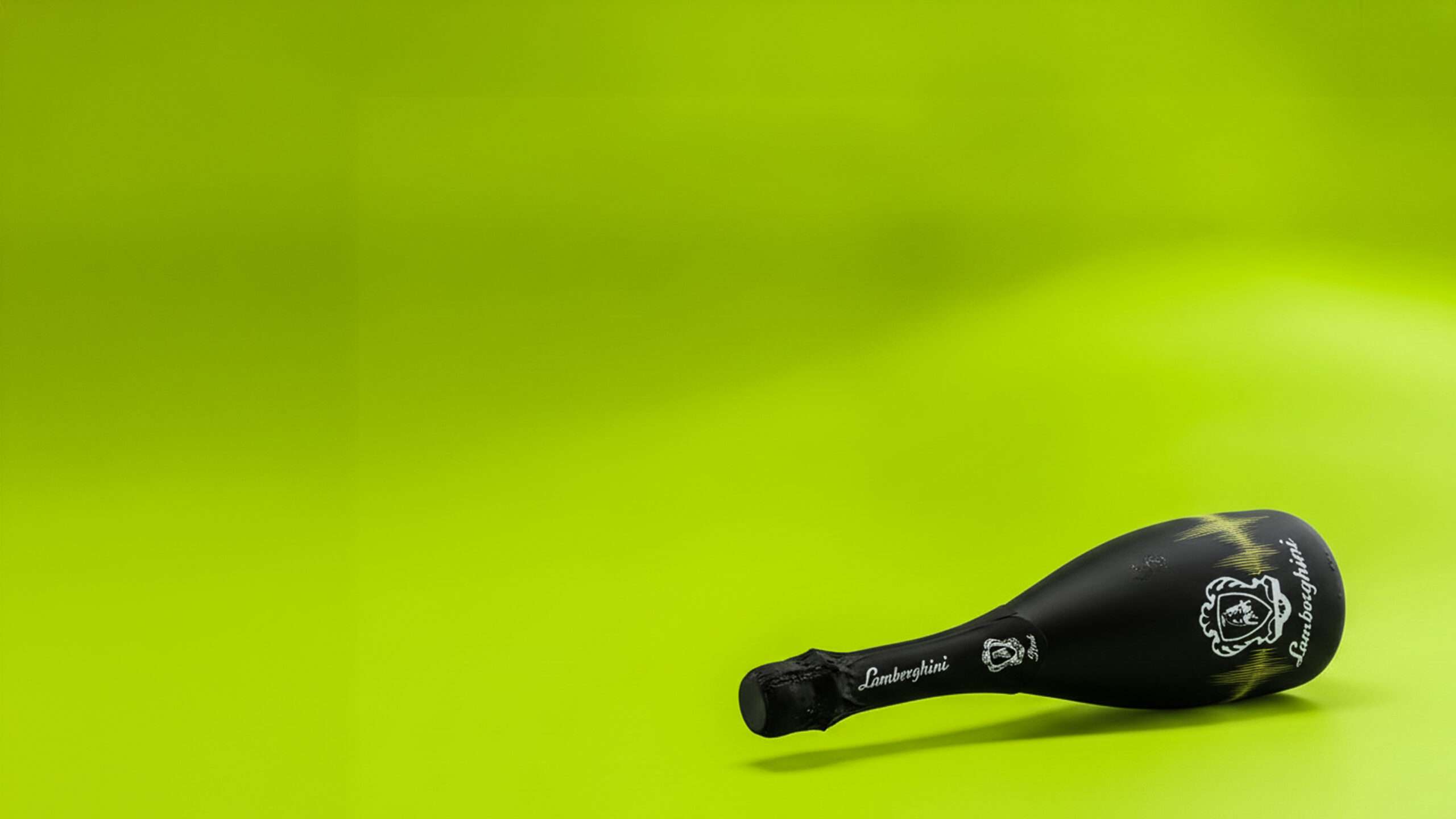
On risks and
side effects for
influencers.
On risks and
side effects for
influencers.
from
A cheerful reel, 18 seconds long: an influencer with over 100,000 followers wakes up tired, reaches for an over-the-counter medication – and suddenly her day is saved. Accompanied by music, charmingly staged, clearly advertising. Only one thing is missing: the famous sentence “For risks and side effects, read the package insert …”.
A reel for a drug
An influencer used her name and face to advertise a well-known medicine – paid for by the manufacturer. No mandatory text appeared in the reel itself, and there was no acoustic cue. Only in the text description below the video did the standard sentence with the reference to risks and side effects appear at the end.
In addition, the manufacturing company had set up a second account with the descriptive name “@D._pflichttext”, on which the legally required information could be called up as tile graphics.
What sounded like a clever solution from a marketing point of view – mandatory information nicely outsourced to keep the video “clean” – was, from the point of view of an association for the self-regulation of the pharmaceutical industry, a violation of the law on the advertising of medicinal products.
Background: Why the mandatory rate is so important
The Medicinal Products Advertising Act strictly regulates the advertising of medicinal products – and for good reason. Advertising must not influence consumers unobjectively or lull them into a false sense of security. Anyone using audiovisual media, i.e. moving image formats with sound, must therefore provide a clearly visible and audible warning.
Specifically, the Medicinal Products Advertising Act (HWG) stipulates that the sentence must be displayed and spoken after every audiovisual pharmaceutical advertisement:
For risks and side effects, read the package leaflet and ask your doctor or pharmacist.
This regulation applies not only to classic TV commercials, but to all formats that work with images and sound – including reels, TikToks and YouTube shorts.
Mandatory text must appear in the video
With Judgment of 11.09.2025 – Ref. 6 U 118/24 the Cologne Higher Regional Court ruled against the advertising manufacturer. A reference in the description text or in a linked profile does not replace the legally required insertion. The standard requires the reference in the medium itself, not next to it.
The court did not accept the defendant’s argument that it had provided “more information” because it had included the entire mandatory text from the law in the accompanying text. The legislator had deliberately opted for less: a single, short, memorable sentence that reliably stands out in the moving image.
It is necessary to counter short advertising messages with a warning that can be perceived via the two sensory channels of hearing and sight with a reliably eye-catching counterpoint.
Influencer as a “well-known person” – no exception for social media
The second part of the decision is particularly relevant in practice. The court found that the influencer is a “well-known person” within the meaning of the Medicinal Products Advertising Act.
This provision prohibits advertising with well-known personalities outside of specialist circles if their popularity is likely to promote the consumption of medicinal products. And: Fame in the sense of the law on advertising medicinal products does not necessarily mean television celebrities.
The Senate emphasizes that the “parasocial proximity” between influencers and followers creates the same effect as traditional celebrities. Over 100,000 followers, regular posts, insights into private life – all of this creates trust and can emotionally influence purchasing decisions. It is precisely these mechanisms that are to be prevented under pharmaceutical law.
This makes it clear that even an influencer who is “only” known in her community falls under the advertising ban – as soon as she advertises a medicine.
What does this mean in practice?
The decision of the Cologne Higher Regional Court makes it unmistakably clear: social media is not a legal vacuum. Anyone advertising medicinal products on platforms such as Instagram, TikTok or YouTube must comply with the same legal requirements as in traditional media.
In audiovisual formats, the mandatory text must be inserted into the video itself. The sentence on risks and side effects must be both visibly displayed and audibly spoken at the end of a reel or short clip. A mere reference in the caption, an inserted hashtag or even an outsourced reference on a separate profile is not sufficient.
Furthermore, the court makes it clear that influencer campaigns must always be regarded as corporate advertising. If a pharmaceutical company commissions an influencer, it bears full responsibility for the content and the legal admissibility of the publication – even if the influencer produces the video independently or shares it on her own channel. Responsibility cannot be “delegated away”.
The court also interprets the question of who is considered a “known person” broadly. Fame is relative, but legally effective. Anyone who has built up a large reach and a special relationship of trust with their followers via social media falls under the ban on advertising for well-known personalities. The decisive factor is not the platform, but the effect on the audience.
Finally, the Higher Regional Court of Cologne points out that although linked mandatory texts can be helpful in providing additional information, they are not a legal substitute for the legally required information in the video. A supplementary information account may be practical, but does not change the minimum standard of the law on the advertising of therapeutic products.
In other words: creativity in marketing remains permitted – but only within clear legal guidelines. Anyone promoting medicinal products on social media must be aware of the legal requirements, take them seriously and integrate them into campaign planning from the outset.
Conclusion
Influencers can be known persons within the meaning of the Therapeutic Products Advertising Act and anyone who advertises medicinal products on social media must fulfill the same obligations as on television.
The court rejects attempts to hide mandatory information behind hashtags or additional accounts. In the case of corresponding advertising, the mandatory text should be included in the video – visibly, audibly and unambiguously.
Anyone advertising medicinal products via short videos in the future should therefore seek legal advice at an early stage to avoid expensive cease and desist letters .
We are happy to
advise you about
Competition law!







